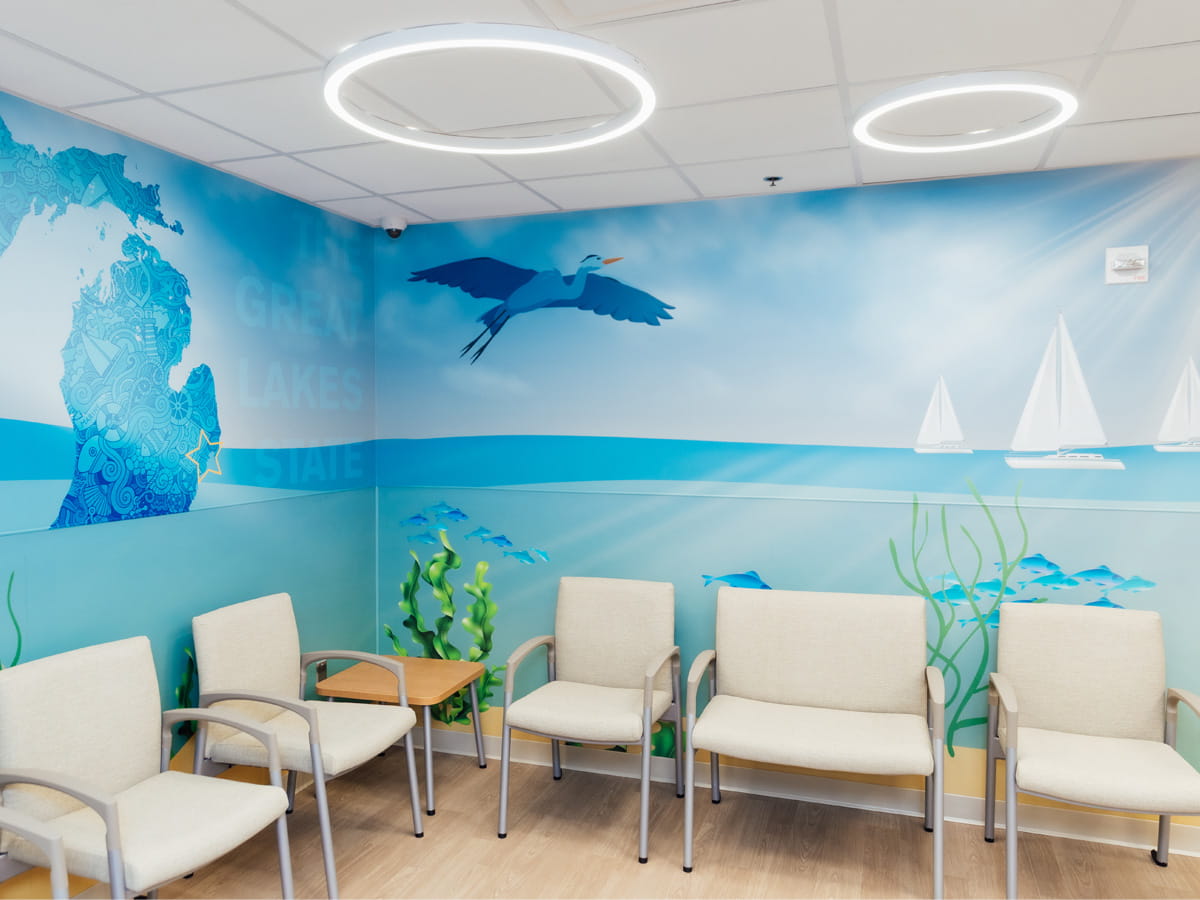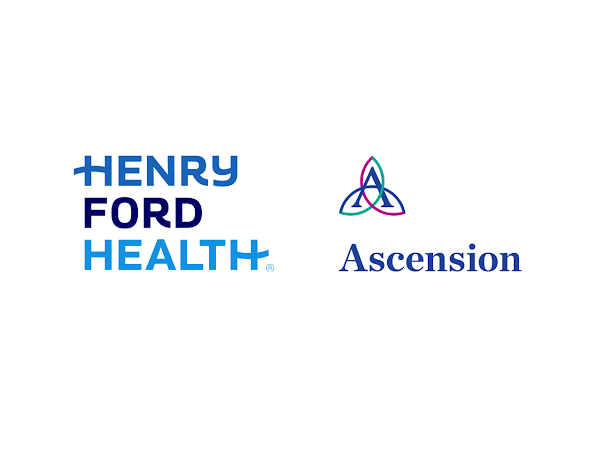In a column published by The Dallas Weekly and the New Pittsburgh Courier, Pat says the crisis requires action not only now but for years to come.
"Perhaps the most devastating consequence of the Flint water crisis is the uncertain impact that prolonged lead exposure will have on the city's children," she says. "We know that infants and children under the age of 6 are exceptionally vulnerable to lead poisoning, which can severely hinder mental and physical development and produce a host of health complications, including learning and behavioral disabilities, slowed growth, poor muscle coordination, hyperactivity, and lower IQ."
More than 200 of the city's children already have shown signs of elevated levels of lead in their blood.
"We do not yet know the gravity of what has transpired in Flint. But we do know this: Flint's children deserve every opportunity to be healthy, and we must come together to develop a comprehensive strategy that guarantees the compassionate care they need to overcome short- and long-term challenges to health," she says.
Flint has received support from community members, nonprofit organizations, social service agencies and healthcare providers, including the Greater Flint Health Coalition, the United Way of Genesee County and Genesys Health System – an Ascension hospital serving Flint and its mid-Michigan neighbors. Those organizations are working together to maximize the benefits of their support services and develop a long-term healthcare strategy for Flint's children.
The Flint Child Health and Development Fund – created by a united committee of residents, healthcare providers and community organizations – will be used to provide social services, early childhood education, behavioral health services and more to children in Flint. Ascension Michigan – which is composed of Borgess Health in Kalamazoo, Crittenton Hospital Medical Center in Rochester, Genesys Health System in Grand Blanc, St. John Providence in Detroit, St. Mary's of Michigan in Saginaw and Standish, and St. Joseph in Tawas City – has supported the initiative by donating to this effort.
"But there is still much more work to be done, and it will take all clinical resources available to address Flint's long-term health concerns for impacted children," Pat says.
"The road ahead is long, and we cannot do it alone. It will take a national effort from healthcare providers, policymakers, civic leaders and individuals to equip Flint's children with the compassionate care they deserve."
Click here to read Pat's full column.



